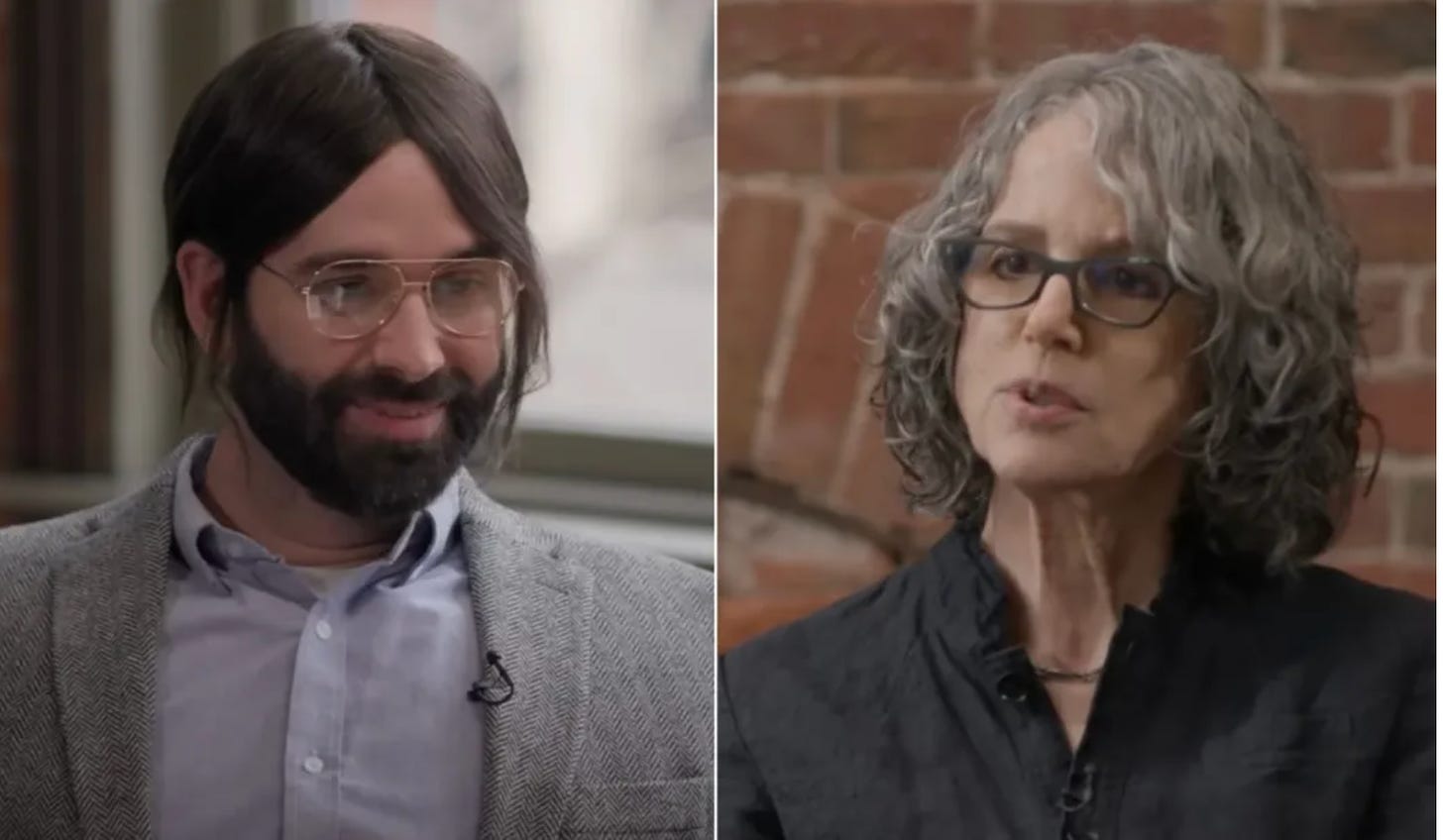"White Guilt": Absolution & Narcissism
Distinguishing a justifiably guilty conscience from self-indulgent sentimentality.
A couple of nights ago I had a brief conversation with Allen West—who is currently serving as chairman of the Republican Party of Texas—about the subject of “White Guilt.” He expressed the opinion that affluent white women are being terribly manipulated by ruthless actors who harp on their feelings of guilt about the injustices suffered by black people in the past.
I replied that these women are not suffering from a genuinely guilty conscience, but enjoy congratulating themselves for the sense of moral superiority they obtain by ruminating on and discussing their “guilt.”
This feeling is akin to the genuine sense of relief and liberation we achieve when we confess and make amends for our true transgressions against others. Only, in the case of affluent white women indulging in feelings of “white guilt,” they get to enjoy this gratification not for the absolution of their own sins, but for the sins of other, less enlightened souls. Thus, the emotional exercise is not a form of humility, but of self-aggrandizement.
Oscar Wilde characterized this kind of self-indulgent emotion as sentimentality.
A sentimentalist is simply one who wants to have the luxury of an emotion without paying for it. We think we can have our emotions for nothing. We cannot. Even the finest and most self-sacrificing emotions have to be paid for. Strangely enough, that is what makes them fine.
In the 2001 film Storytelling, a dark satire directed by Todd Solondz, a young white female—a literary major at a prestigious university—puts herself in a life threatening situation with a literature professor (who happens to be black) in order to absolve herself of her white guilt. For her, the professor’s moral trait lies not in his character—which is obviously predatory and exploitative—but in his dark skin color. By yielding to his predatory conduct, she not only corrupts herself, but also contributes to the further moral corruption of her professor.
Every privileged man or woman who has a heart will experience negative emotions at the spectacle of a poor person who is struggling. I experience such emotions every time I walk into an airport public restroom and see some poor fellow cleaning the toilettes. Once, on a flight to Europe, I saw an old black man engaged in this dirty and thankless work. Arriving at the Vienna airport, I saw an old white women (who appeared to be Bosnian) doing the same. At such moments, the structure of human existence seems horribly unfair.
Thinking about such emotions reminds me of Robert Frost’s poem, “Acquainted with the Night.”
I have been one acquainted with the night.
I have walked out in rain—and back in rain.
I have outwalked the furthest city light.
I have looked down the saddest city lane.
I have passed by the watchman on his beat
And dropped my eyes, unwilling to explain.
I have stood still and stopped the sound of feet
When far away an interrupted cry
Came over houses from another street,
But not to call me back or say good-bye;
And further still at an unearthly height,
One luminary clock against the sky
Proclaimed the time was neither wrong nor right.
I have been one acquainted with the night.
The poet’s feelings are inconsolable, and no form of absolution seems possible for him. I don’t know exactly what Frost was trying to tell us with this poem, but I suspect it has something to do with his yearning for a God who seems to be absent.
The poem seems to express a quandary that Kierkegaard presented in his 1849 work “The sickness unto Death” in which he describes the desperation we are naturally inclined to feel when we perceive that God is absent.
We know that our lives our finite and that we are fallible, and we are often uncertain about how we stand in relation to infinity. This may create enormous anxiety and yearning for absolution. But what, precisely, is the sin for which we seek absolution?
Humans, it seems, are inherently religious creatures, and are constantly casting about looking for something akin to God. Hence, in recent years we’ve seen the rise of what may be properly called secular religions—that is, the Vaccine Cult, Scientism, Wokeism, and perhaps even the Ukraine Cult, whose fervent votaries favor the mortal sacrifice of Ukrainians instead of helping them to negotiate a settlement with Russia.






There is a significant portion of the population that hates themselves and projects that hate where they can. It is that simple.
Wokeism = Virtue without self-sacrifice